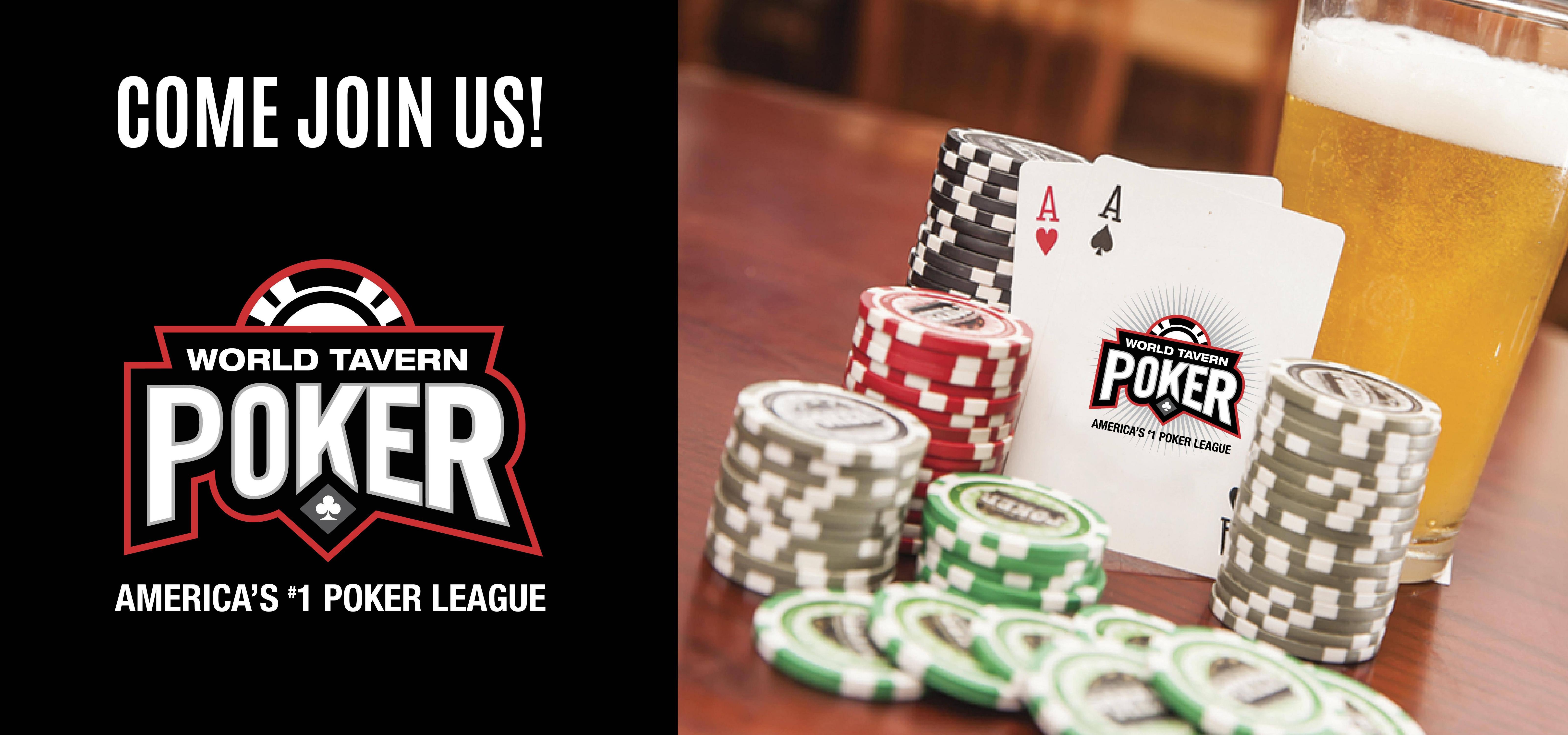
In poker, players form a hand based on the cards they have and then place bets into the pot. The player with the highest ranking hand at the end wins the pot. The game can be played in a variety of ways, and there are many strategies that beginners can use to improve their chances of winning. A good starting point is to learn how to read your opponents and watch for tells. These can be subtle physical gestures like fiddling with a ring or nervous habits such as scratching your nose. The goal of reading your opponent is to figure out if they are holding a strong or weak hand.
A basic rule of poker is to only gamble with money you are willing to lose. This will prevent you from losing too much of your bankroll in one game, and it will give you a better sense of how much you are winning or losing. It is important to track your wins and losses, especially as you become a more serious player.
Most games are played with chips, rather than actual cash. These chips represent different values and are easier to stack, count, and make change with than a pile of bills. Each chip is usually worth the same amount as a dollar, but they can also be valued differently depending on the situation and the type of poker you play. A white chip is typically worth a minimum ante or bet, while a blue chip is usually worth 10 or 20 white chips.
Almost any table can be used for a poker game, but a rectangular or round table with chairs surrounding it is the norm. A standard deck of 52 cards is used in most poker games, with four of each suit: hearts, spades, clubs, and diamonds. The game can be played in fancy casinos, seedy dives, and even on television.
To get the most out of your poker game, you must understand the rules of the game and practice them regularly. This will allow you to win more hands and increase your winnings. It is also important to be able to keep your emotions in check and remain focused during the game.
Another critical skill for a beginner is learning how to fold. If you have a weak hand, you should fold it as soon as possible. This will reduce your risk of going broke and will allow you to focus on other players. You should also try to only call or raise when the odds of winning are favorable.
It takes a lot of time and effort to become a profitable poker player, but it is not impossible. A commitment to studying the game and learning from your mistakes is necessary, as is discipline and perseverance. The divide between break-even beginner players and those who consistently win is often only a few small adjustments in how you play the game. The best way to learn is by playing poker with experienced players and observing their actions.